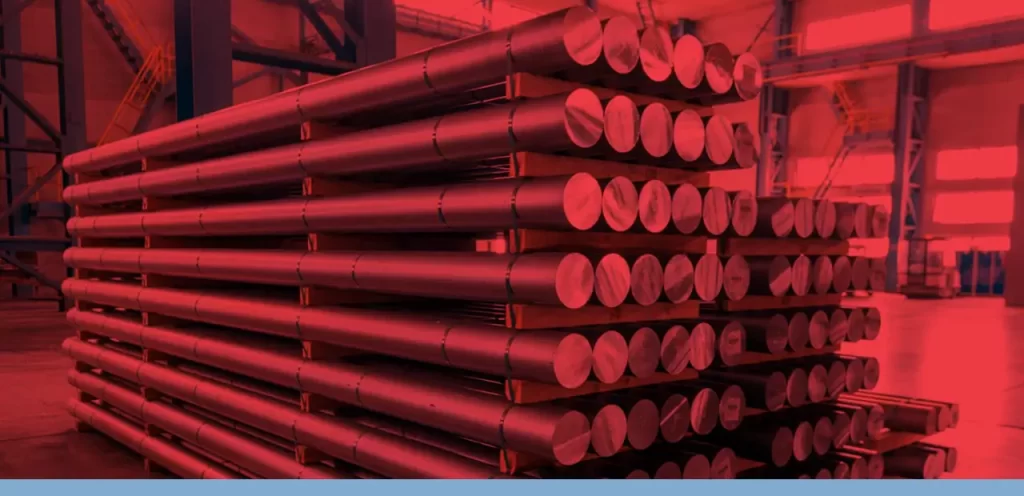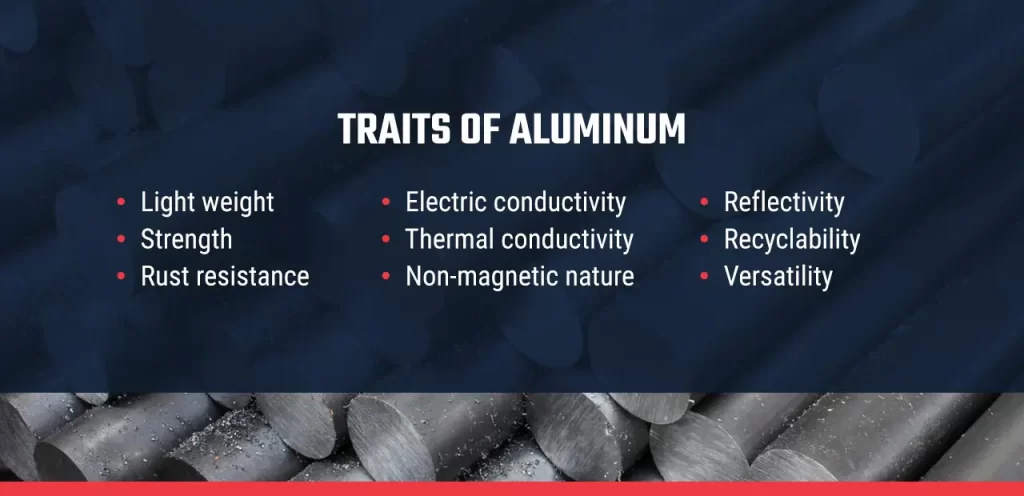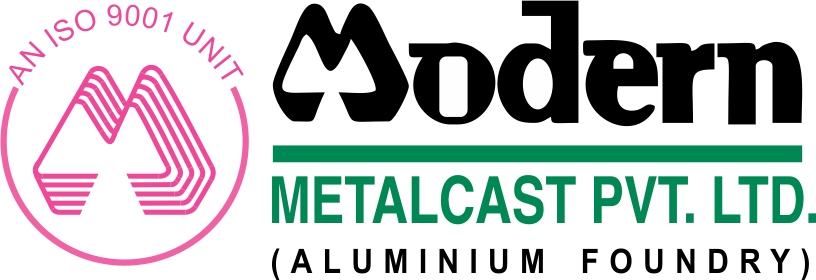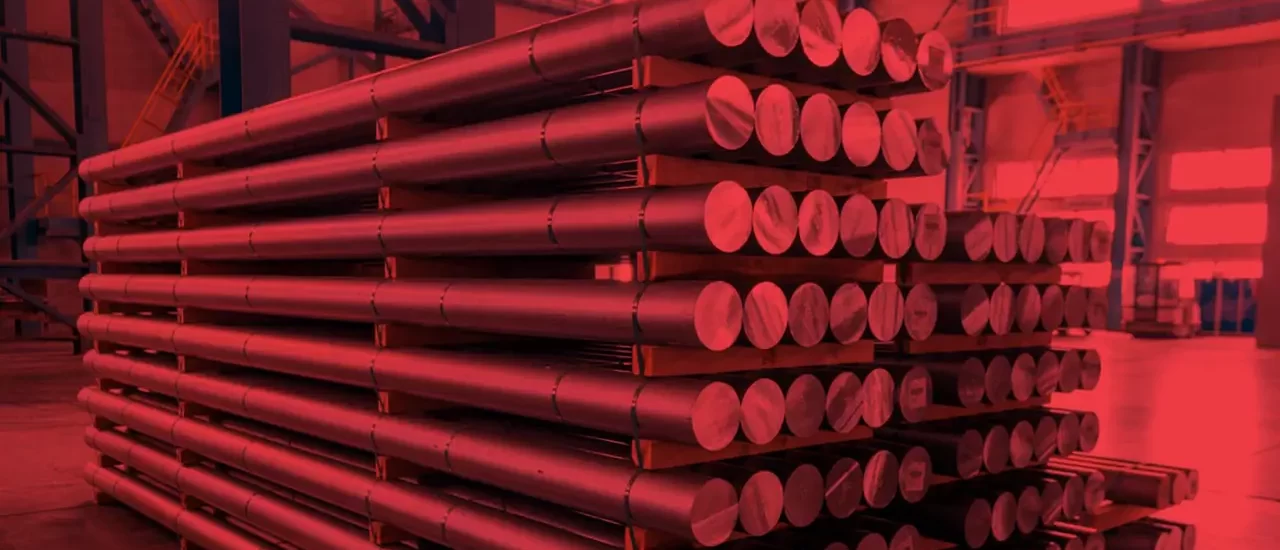Aluminum is a staple in households worldwide that use the versatile material in foils, heating products and cooking utensils. Because of aluminum’s durable nature and the variety of usages it offers, aluminum has become a large part of the manufacturing and construction industries, as well. While aluminum is not a naturally occurring metal, the process of finding and creating aluminum has paved the way for homes and companies to use aluminum or aluminum alloy to create recyclable and economical products.

ABOUT ALUMINUM
Aluminum is a lightweight metal known for its silver and white coloring. This malleable metal is one of the most abundant elements and occurs in igneous rocks or presents itself in various gemstones like topaz and garnet. Though aluminum is never found naturally as a metal, it can be produced when combined with oxygen or different elements.
TRAITS OF ALUMINUM
Aluminum has many advantages over the various metals available to consumers or production companies. Due to its durability and malleability, aluminum is used in different products worldwide to create machines, conduct heat or make containers and household items. A few important properties of aluminum set it apart from other metals:
- Light weight: Aluminum weighs less than other metals like copper, steel or iron. Because of this, it is often used in transportation or aerospace design.
- Strength: The metal is durable in most weather conditions, including extreme heat or cold temperatures. It can be used excessively and still retain its original strength.
- Rust resistance: Aluminum can be scratched or dented and remain sturdy. The resistance of the materials can be strengthened through paint or finishes. Aluminum also does not rust.
- Electric conductivity: Aluminum’s low density will conduct electricity better than other metals like iron or copper. Different aluminum alloys have various conductivity capabilities and can be used in products like power lines.
- Thermal conductivity: Aluminum is also good at conducting heat or cold and can remain durable in different temperatures. Because of this, it is often used in engines, heaters or refrigerator parts.
- Non-magnetic nature: Because aluminum isn’t magnetic under normal circumstances, companies can use it on a variety of electronic devices.
- Reflectivity: Due to its reflective nature, aluminum is often used as a lamp reflector or to shield products from radio waves or light.
- Recyclability: Aluminum is highly recyclable. Because of aluminum’s durability, it is quickly processed without losing its capabilities or strength.
- Versatility: Aluminum is one of the most malleable alloys out there. Its malleability, durability and the properties above make aluminum an extremely versatile material. It can be used for household items to airplane parts.


